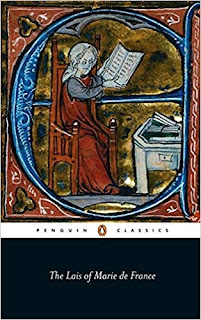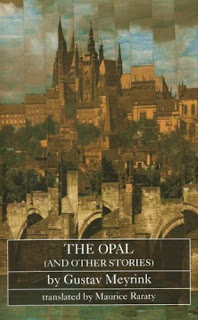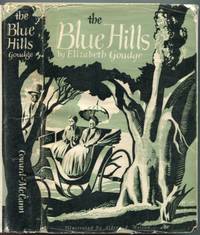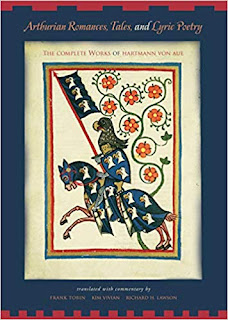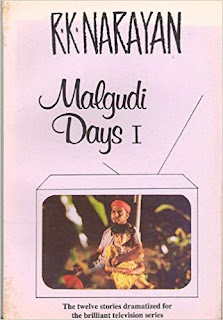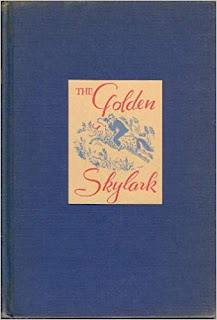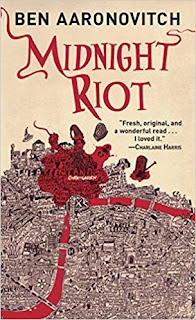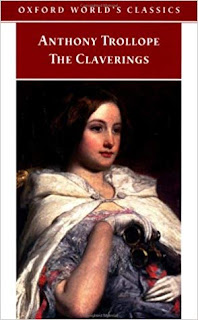Sixpence in Her Shoe
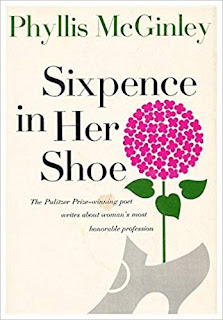
Sixpence in Her Shoe , by Phyllis McGinley I don't actually know that much about the mid-century American poet Phyllis McGinley, except that she won a Pulitzer Prize. And she wrote this book, which is about "the world's oldest profession," housewifery, specifically as practiced in modern America. Three sections on Wife, House, and Family organize a selection of chapters/essays, many of which ran in the Ladies' Home Journal or other magazines in the 1950s, and were then collected and edited into a book in 1960. McGinley's thesis here is that the domestic calling is an honorable one, not to be despised -- not even by intelligent and educated women -- which can be blended, or not, with a profession, as the individual woman prefers. Every so often she is clearly rebutting Betty Friedan. It's a fun and refreshing read. McGinley is a witty, humorous writer, and I love reading books about housekeeping. (I'm not quite so good at the actual housekee...



